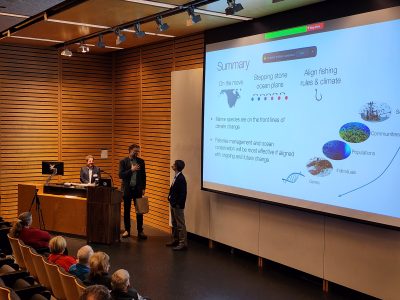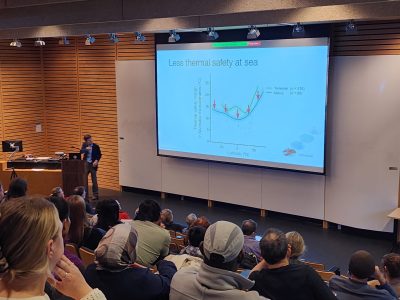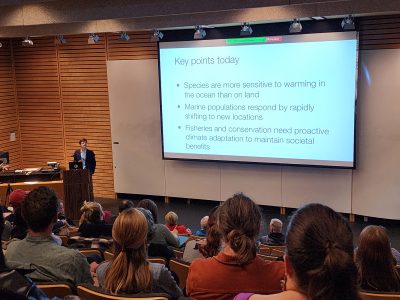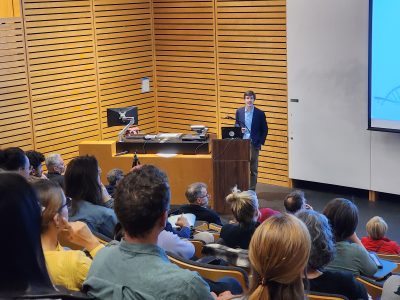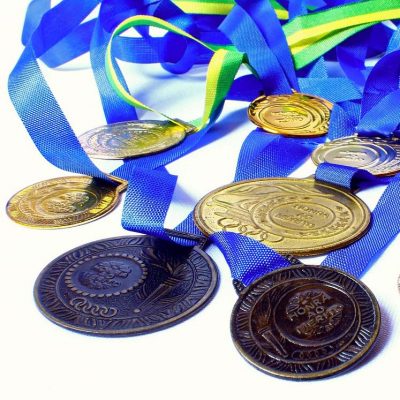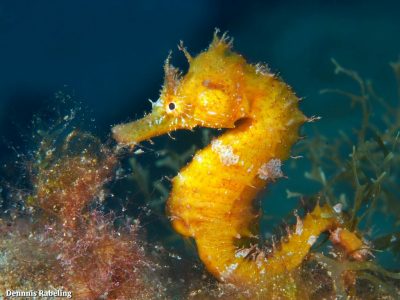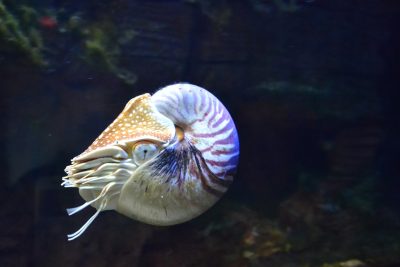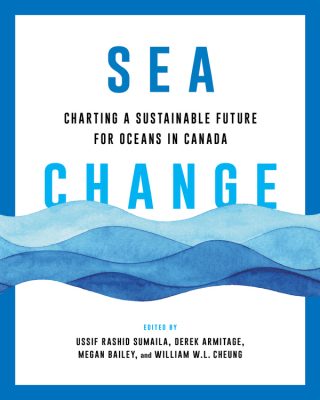Gift to speaker
Dr. Pinsky receives gift from Dr. Chris Harley
Thermal safety at sea
Thermal safety at sea, a slide from Dr. Pinsky’s presentation
Key takeaways
Key takeaways from lecture
2024 Peter A. Larkin Laureate, Dr. Malin Pinsky
2024 Peter A. Larkin Laureate, Dr. Malin Pinsky
Apply now for our Graduate Program – Deadline January 15, 2025
Take the next step towards advancing your career by applying to our Master of Science (MSc) or our Doctoral (PhD) degree programs at the Institute for the Oceans and Fisheries.
OCF student awarded High Level Scientific Fellowship
Isabella Morgante (PhD, OCF) will do a two-month Fellowship in Paris, France.
How a 5-Question approach can ensure sustainable trade in threatened wildlife
The 5-Question approach focuses on helping national governments meet their obligations under the Convention on International Trade in Endangered Species of Wild Fauna and Flora (CITES).
OCF student named as a UBC’s Climate Solutions Research Collective 2024/2025 Solution Scholar
The Solutions Scholars will work on one of four collaborative projects over the 2024/2025 year with an interdisciplinary group of faculty and community members.
New FCRR: Marine and Freshwater Miscellanea V
This report presents a valuable collection of studies that contribute to both foundational research and impactful discussion in fisheries science and marine ecology.
WEBINAR WATCH: Charting a sustainable future for oceans in Canada
Did you miss our “Charting a sustainable future for oceans in Canada” webinar on September 18, 2024? Watch it now!
